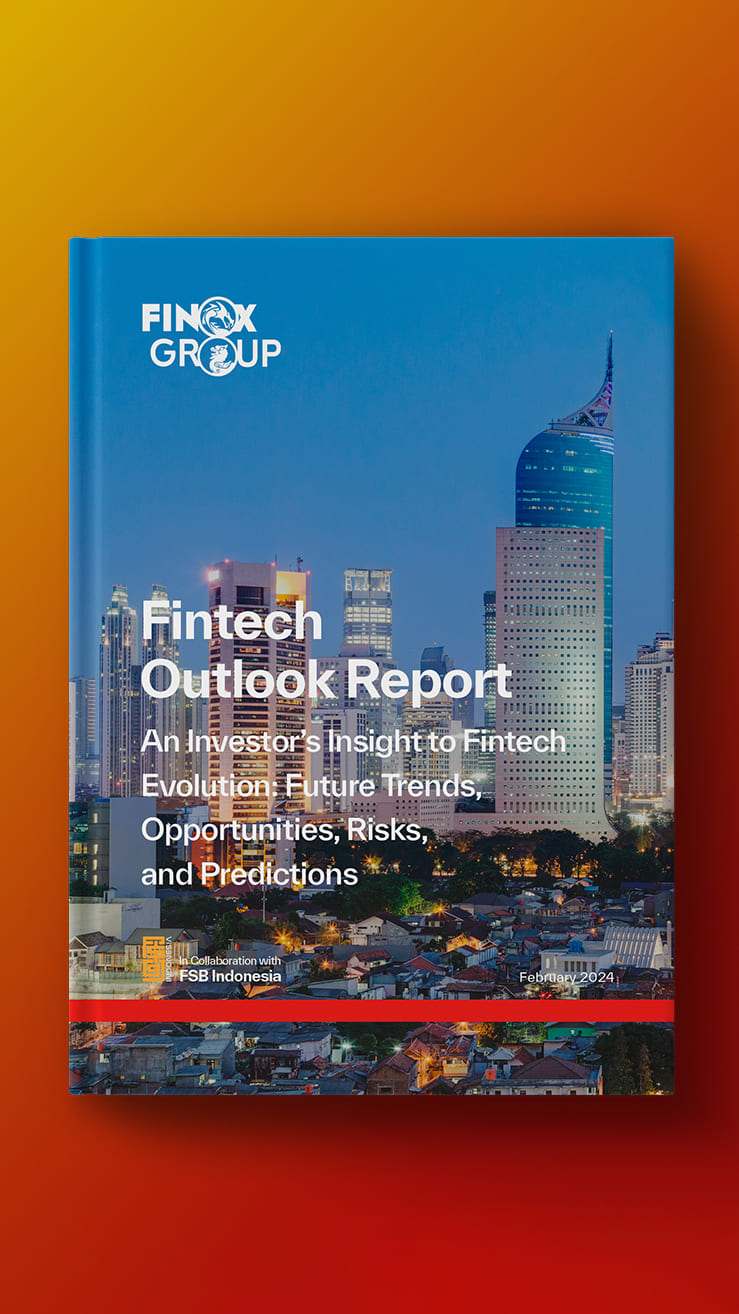
This article was written by Aida Sutanto, Founder and CEO of FSB Indonesia, and published in thejakartapost.com
The right fintech innovation should provide opportunities for both MSMEs and investors to grow while contributing to a nation’s economic growth.
The evolution of financial systems is a testament to humanity’s ingenuity, evolving from simple barter to sophisticated digital transactions to meet society’s changing needs. Money evolved from a simple barter system in hunter-gatherer communities to slowly become coins, then later paper money, and, fast forwarding to today, we have electronic money and cryptocurrencies.
At the heart of this evolution lies fintech, a transformative force marrying technology with finance to redefine accessibility, efficiency, and inclusivity in the financial sector.
As we navigate this digital age, Fintech is a center point for innovation, reshaping how we interact with money and offering new economic empowerment and growth possibilities. Having spent the majority of my professional life in the financial sector, I have personally seen the inevitable tide of innovation; wave after wave, disruption after disruption, shaking up how money works.
Financial technology, or fintech, emerged as a significant disruption in our lifetime. The connubiality of the centuries-old financial system and advanced technologies such as artificial intelligence (AI), machine learning, distributed ledgers, and advanced analytics gave birth to an unprecedented revolution providing greater ease of capital access.
At first, the relationship between traditional financial institutions – i.e., banks – and fintech was unclear: would they be locked in a survival-of-the-fittest struggle, with only one or the other left standing, or would they eventually recognize the mutual benefit of coexistence and cooperation? Thankfully, it was the latter outcome that prevailed.
In this case, peer-to-peer (P2P) lending, one of the better-known fintech segments, helps serve the financial needs of Indonesia’s unbanked and underbanked population, which compose 48 percent of the population, according to Bank Indonesia. In addition, outstanding principal grew to 18.4 percent as of March 2024, with non-performing loan rates keeping steady.
At the same time, P2P lending has not always been shown in the best light. The catch-all term pinjol – essentially all P2P lending platforms, both authorized and unauthorized – that emerged in online discourse has garnered less-than-positive attention due to the string of cases involving such platforms. From unethical debt-collecting practices defaults to even accusations of fraud, this reputation, left unaddressed, could adversely affect how the average investor sees not just P2P lending but Fintech as a whole.
For all industry stakeholders, winning user trust becomes a crucial matter to address.
Protective measures in fintech, especially P2P lending, are not new and should not be. Governance, risk management, and compliance are necessary components that platforms should not overlook. On the regulatory front, the Financial Services Authority (OJK) has worked tirelessly to formulate the right policy approaches to consumer protection.
As precursors and creators of innovative financial technology platforms, I believe we should intentionally and decisively embody our spirit in our day-to-day operations. The “tech” in FinTech should stand for an integral core of our DNA.
For example, by leveraging AI and advanced analytics capabilities, we can address essential use cases for fraud detection, anomaly detection, advanced recommendation systems, and predictive risk modeling in order to promote compliance, security, consumer protection, and overall greater trust for the Fintech industry. In fact, instead of becoming complacent, technology should enable us to do much, much more for more people and in support of more businesses.
Just as importantly, P2P players should work to innovate with a heightened sense of purpose, as opposed to innovating for the sake of innovation. For me, this purpose should ideally be empowering Indonesia’s economic development, mainly by strengthening its micro, small, and medium enterprises or MSMEs.
However, what happens in real life could not be more starkly different. According to OJK data, productive loans in January 2024 fell 22 percent year-on-year (yoy) and declined compared to last year’s overall statistics. In the same period, productive loans comprised just 29.4 percent of total loans by the P2P sector. This is quite far from OJK’s goal of 70 percent productive loans in its 2023-2028 roadmap.
Another crucial task is empowering Indonesia’s next generation of investors by offering more diverse and innovative financial instruments. The rising interest in investment among Indonesians is evident, with OJK reporting that 64.3 percent of peer-to-peer lending participants are aged 19-43.
Furthermore, KSEI notes a 12 percent growth in capital market investments in 2023, 57 percent of which comes from investors under 30.
Therefore, I believe that, as a minimum denominator, the right fintech innovation should serve the two above-mentioned higher purposes: providing opportunities for both MSMEs and investors to grow while contributing to a nation’s economic growth.
As a fundamental cornerstone for a successful and sustainable execution of this strategy, it is important that environmental, social, and governance (ESG) principles are not limited to mere marketing and PR buzzwords but that they rather constitute the key foundational values for fintech initiatives everywhere to adhere to.
Indonesia’s emerging MSMEs and investor class will only benefit from even more diverse financial instruments that can cater to their unique situations, needs, and risk tolerance.
When we factor in the many variables, the possibilities to contribute become endless. We, fintech entrepreneurs and innovators, have a duty in the industry where we must carve out a trusted and sustainable path to these uncharted but exciting territories.
Source: https://www.thejakartapost.com/opinion/2024/04/06/fintechs-moment-of-truth-balancing-innovation-with-public-trust.html.














